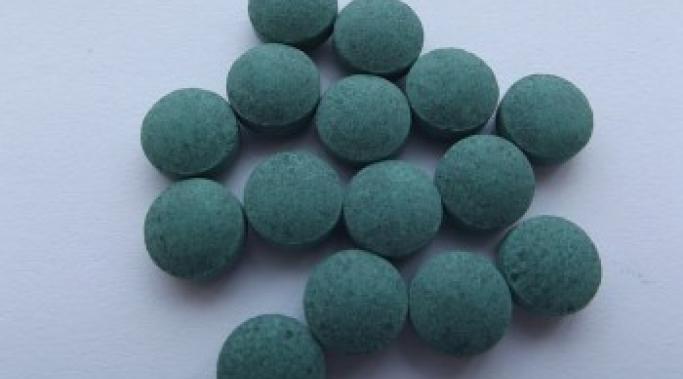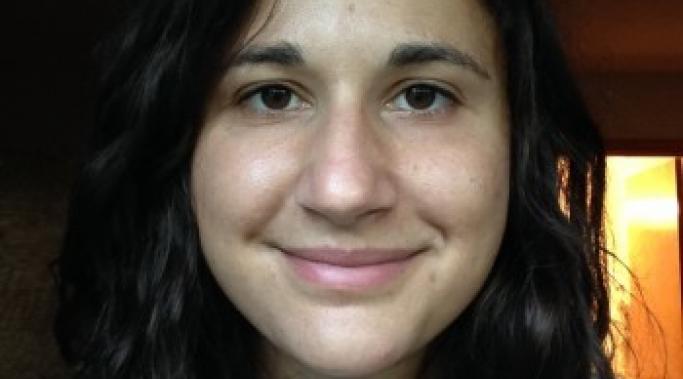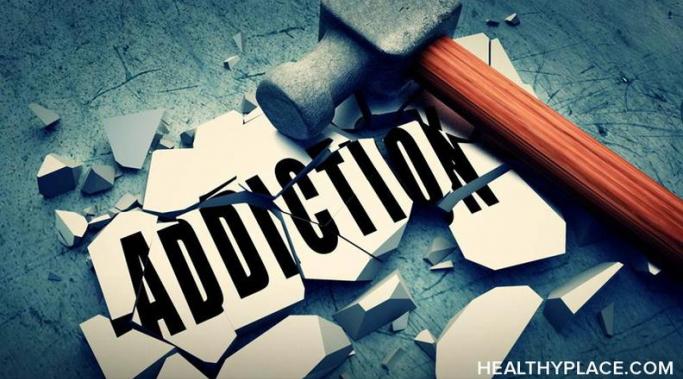A few days ago a good friend of mine, Leah, asked for my opinion on a situation she was having with a friend of hers, Sarah. Leah was struggling to stay clean and sober, but recently, she recommitted to substance abuse recovery. Leah wanted to help her friend with a history of drug abuse, who is on methadone, so she has been driving Sarah to the methadone clinic three days a week. Unfortunately, Sarah recently started using drugs again and is pressuring Leah for drug contacts and even to drive her to drug deals. Leah decided she needed space from Sarah and asked if I thought seeking temporary distance was okay.
My response -- of course! As long as Sarah is overwhelmed by her drug-seeking behavior, she is not capable of being a good friend.
Alcohol Addiction
People with substance abuse issues are at higher risk for suicide than those who do not abuse substances. Research suggests that individuals with substance use disorder are nearly six times more likely than others to report having attempted suicide at some time.
I took my last drink of alcohol (hopefully for good) on February 19, 2007. I smoked my last cigarette (also hopefully for good) on December 31, 2010. In contrast, my friend quit street drugs and alcohol years ago, but she doesn't know the exact dates.
12-step programs emphasize dates. Alcoholics Anonymous, Narcotics Anonymous and Overeaters Anonymous all celebrate sobriety dates, clean dates and abstinence dates, respectively. For me, my sobriety date is extremely important. It commemorates a miraculous day when I was given another chance to live. The day I quit smoking is important to me too, but I might not remember it if it didn't coincide with New Year's. Perhaps I care more about my sobriety date because my struggle with alcohol was much harder. Even so, for the clean and sober folks I know who do not commemorate a specific clean date, (mind you, this is the minority of clean and sober folks I know) it is not because their sobriety isn't important to them.
I never saw my alcoholism coming. I grew up in a supportive, loving family and was always a bright and high-achieving child. I also had obsessive compulsive disorder (OCD, an anxiety disorder) from a young age, although I didn’t know what that was for some time. In high school I was very active in my OCD and restricted eating. I didn’t have time or energy for dating or drinking. I had relatives in rural Oregon who were methamphetamine users and I vowed I would never touch that stuff - but alcohol, I figured, was innocuous. After all, I thought, everybody drinks. I had my first drink of alcohol toward the end of my freshman year of college, and it was a nightmare pretty much right out of the gate.
We are, on a whole, a society of addicts. Have you ever seen the AT&T commercial with the little kids and the girl states, “We just want more!”? This is the battle cry for our addiction-consumed society. Whether it is drugs in the form of alcohol or cocaine or in such behaviors like overeating, gambling, pornography or shopping, we just can’t seem to get enough.
Why is it so hard for me to stop using ________?
This question has been asked by probably millions upon millions of people over time. There has been research done on addiction for decades. While there have been many advances made in the understanding of addictive disorders like drug addiction, alcoholism , and sex addiction, to name but a few, many people still struggle to quit.
Addiction comes in many forms: drugs/alcohol, food, sex, money, work, etc., etc. In some respects I do believe we live in an addictive society. It’s like we can never be satisfied with what we have. We have to have more. Often this can produce disastrous results. When you consider the costs associated with addiction, the losses are in the billions of dollars. Healthcare, work productivity, and the legal/penal system are overburdened as a result.
This video provides simple, easy to follow tips for addiction recovery including, having a belief in one's recovery, reaching out for help, and replacing unhealthy behaviors with healthy ones.
If I were to take a poll of 100 recovering addicts and ask them what method they used to get clean I would likely get a number of responses. And that’s the point. The best way to quit using drugs is determined by the addict. What works for one individual may not work for another. The method you take to quit using drugs is best decided by you.
Jails, institutions and death. These are the ends of addiction. And as far as the death part is concerned, it doesn’t always mean physical death. Have you ever watched the TV series, The Walking Dead? Well, that’s what addiction can do to a person, metaphorically speaking. The addict is devoid of any real kind of life source and is simply feeding off of others to maintain his existence.








